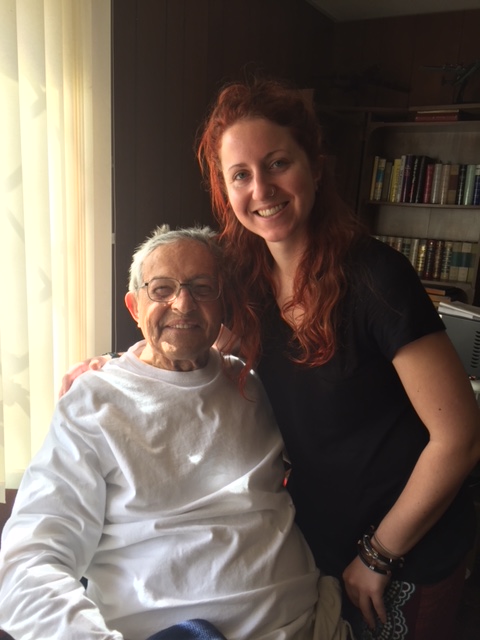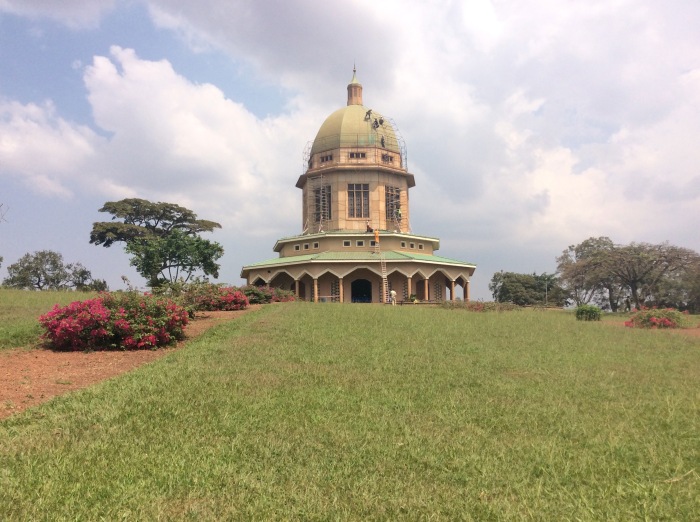After a whirlwind of a return to the U.S. in which I have spent getting reacquainted to the fast paced life of New York City, Pennsylvania and Charlotte, I have had some (generally) thoughtful questions regarding my favorite and least favorite parts of my journey this last two and a half years. I wanted to share them with you all and hope that it gives a bit of perspective on my experiences as well as helps you when speaking to a Returned Peace Corps Volunteer in the future. We are a bit overwhelmed by the amount of stimulus intake and might be feeling somewhat lost in a world of fast paced English speaking and over-consumption, so your patience and understanding while we transition is more of a gift than any physical one could ever compare to.
How was Africa?
I cannot comment upon the entire continent of Africa, but the eight countries that I visited were lovely and unique in their own respects. We should all check the way that we speak about Africa, especially the ways that the media portrays the continent and lumps it into poverty porn for the benefit of charity organizations and feeling superior in the West. Check out an awesome article below that discusses the detriment of unchecked privilege and misunderstandings.
How did you manage to travel so long after your service? Wasn’t it expensive?
In total, after traveling for five months exactly, I spent less money than most people would spend just on their monthly rent for five months, especially now that the housing market has exploded in the Charlotte area. I traveled by bus instead of by plane, unless water got in the way, cooked a lot of my own meals, stayed at hostels or CouchSurfing instead of staying at hotels. I prioritized new experiences and mental health over a flat screen TV, the latest iPhone or a new version of a car that was working just fine.
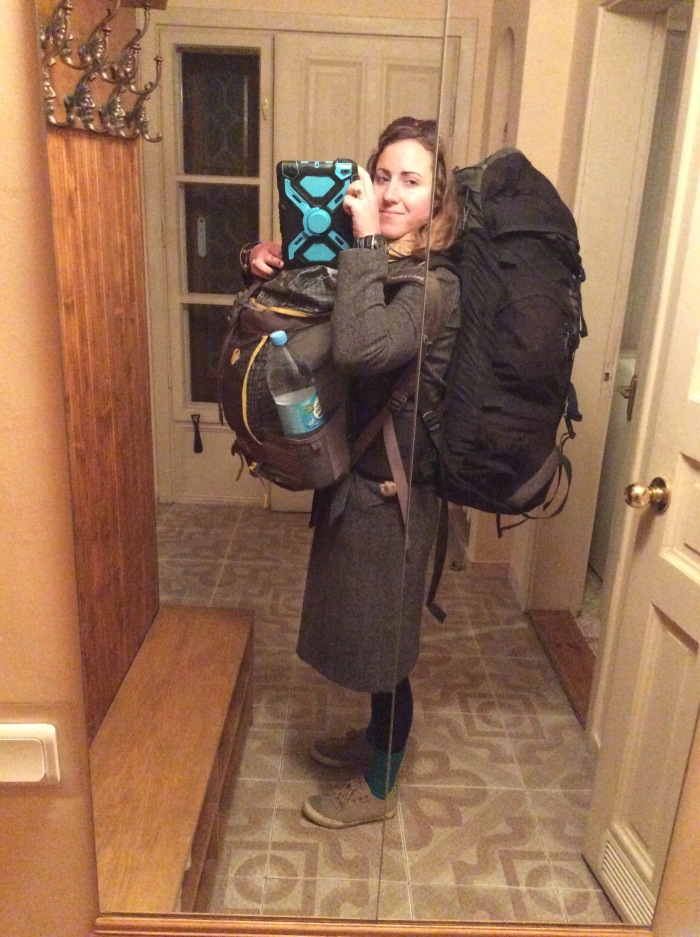
Which country did you have the best CouchSurfing experiences in?
Ukraine. I met some really unique and incredible people who shared their cultures, customs and great conversations as well as their homes. It felt really natural to be near where my ancestors came from and to get to know new routines, occupations and perspectives. I felt an affinity to the mindsets of the friends I met while in Ukraine and appreciated the curiosity and kindness I felt.
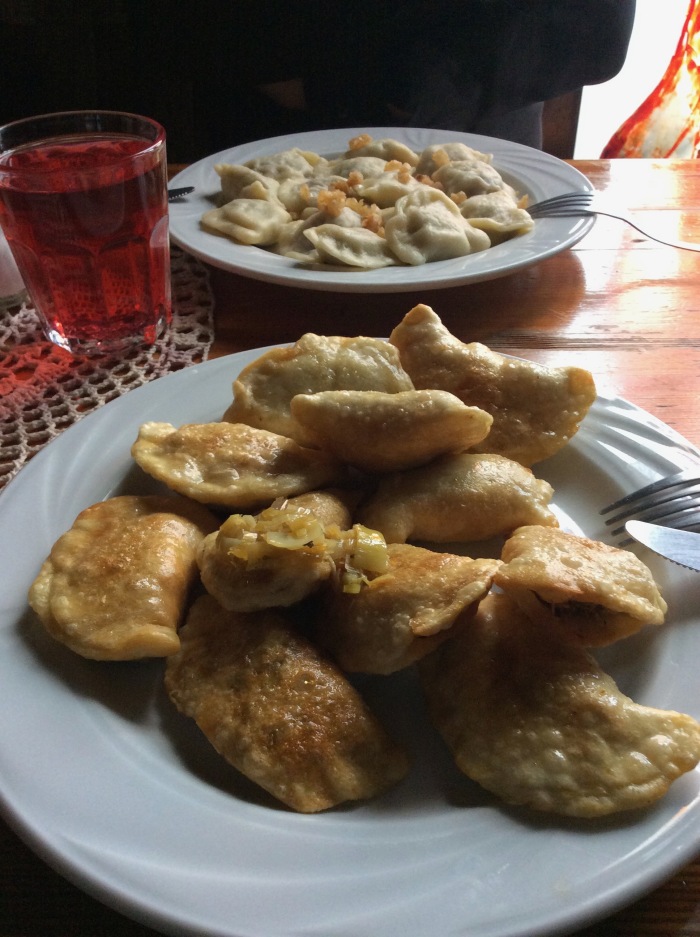
How was your experience in the Peace Corps?
Amazing, perspective shifting, some of the most difficult and challenging experiences I have ever had. I cannot begin to culminate 2.5 years into a few sentences; can you tell me how your last 2.5 years have been?
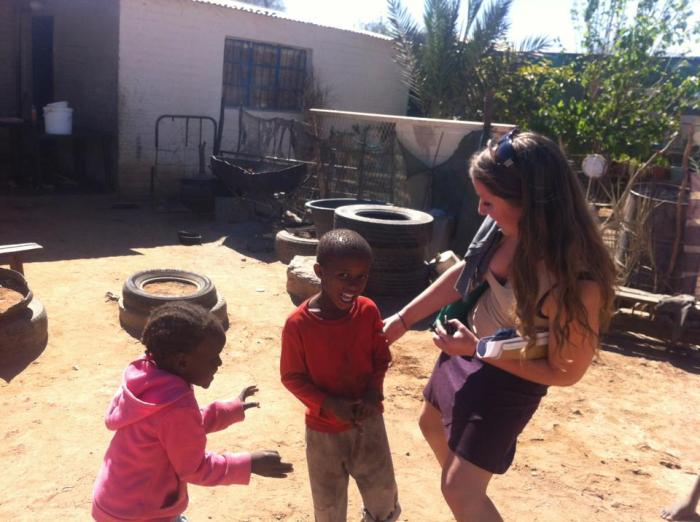
Wait, you were in Africa.. does that mean you have HIV, Ebola, Yellow Fever or some other scary disease that I can’t pronounce and don’t know the epidemiology of because you were living with people who were biologically different from you?
This one came as a surprise to me, although I should have been prepared for it. Despite the fact that the Ebola epidemic was mostly contained in West Africa (Namibia is in Southern Africa, for geographic reference – https://www.cdc.gov/vhf/ebola/index.html) and you can contract HIV anywhere in the world if you participate in unsafe and risky behaviors, I have begun to learn empathy for those who have never had education outside of “Africa is dangerous”. There are more people living with HIV in Charlotte than the population of my entire village in Namibia. In order to be invited into the Peace Corps, we have to go through rigorous health testing to ensure that we are fit for service. We also get quite a bit of blood work done towards the end of our service, including optional testing for HIV and a slew of antimalarial, schistosomiasis pills to make sure that we are returning at optimal health. I have chosen to use this question as an opportunity to provide education on foreign health and take on a very transparent communication about my health while abroad and returning. If you have specific questions about vaccinations, prophylaxis or how my health is looking now that I have returned, please feel free to ask.
What city or country had the best food?
I absolutely loved the fresh fruits and vegetables everywhere in Uganda, and my budget loved it even more. The friend I was traveling with at the time and I made a lot of guacamole for meals and our hosts, one of which introduced us to the best goat cheese and cafes in Kampala. This is also the home of the Rolex, a flat egg with veggies and onions wrapped in a fresh chapatti and all the oil your body can handle, which we feasted on many times (by that I mean every day).
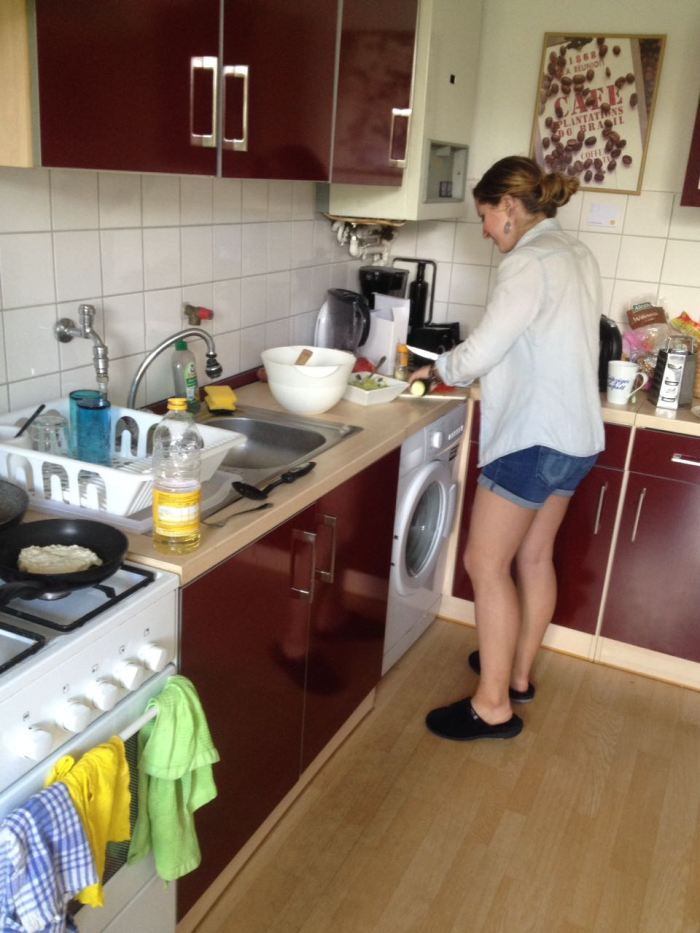
Which country did you spend the most time in?
I spent almost a month in Germany, traveling to the main cities and visiting old and new friends. I have now dedicated myself to becoming fluent in German, so being there helped me to practice having conversations instead of just learning vocabulary on DuoLingo. It was the first country I visited after leaving the African continent, and provided just the right amount of Westernization with the strict time constraints that I hadn’t felt in two years of Namibian non-existent time.
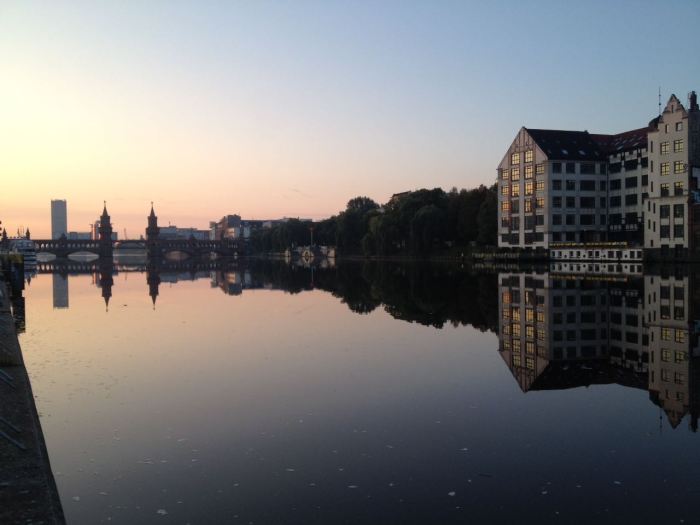
Which country did you feel the most culture shock in?
Outside of the U.S, the UAE left my jaw on the floor. I spent an 8 hour layover in Dubai on my way to Germany and thanks to a fantastic friend, got to see a few amazing places in the city of lights and excess. I think that Dubai is overwhelming to most people, but it was certainly a contrast to the oft-felt depravity of where I was living and traveling. The lights, the huge infrastructure, taking a gondola to the restaurant where we were having dinner – it was a lot to take in. But nothing beats the noise of Charlotte traffic, suburban normalization and the “Jesus Saves” bumper stickers that abound my current peripherals.
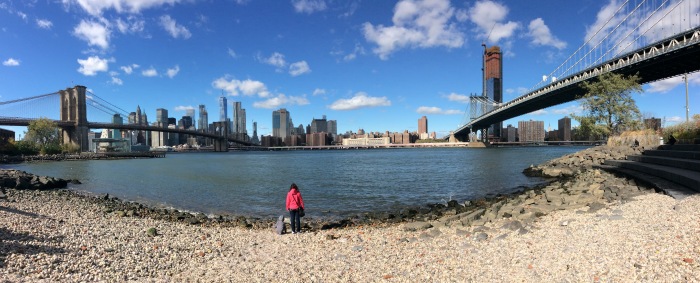
Which city had the best architecture?
Initially I thought that I would have said Prague, for the rest of my life, but then I went to Gdańsk in the northern tip of Poland. Nestled on the Baltic Sea amidst old shipping ports, the architecture here had me wishing that I was able to spend more than one extended day there. The starting point for World War II (many people know the city by its German name Danzig), a few buildings are left structurally intact, but most were reconstructed similarly to Warsaw.
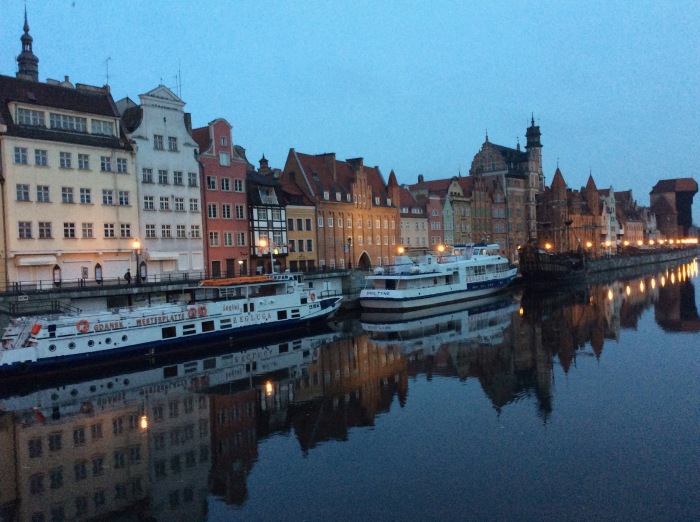
What was the best book you read while traveling?
Definitely a tie between Americanah by Chimamanda Ngozi Adiche and The Handmaid’s Tale by Margaret Atwood. Both fantastic female authors who bring about modern issues of feminism, freedom and morality (or mortality in Atwood’s case). I read Americanah passing from Kenya into Uganda and The Handmaid’s Tale in Ethiopia before I finally left the continent – books that will remain my mind alongside my memories of these countries.
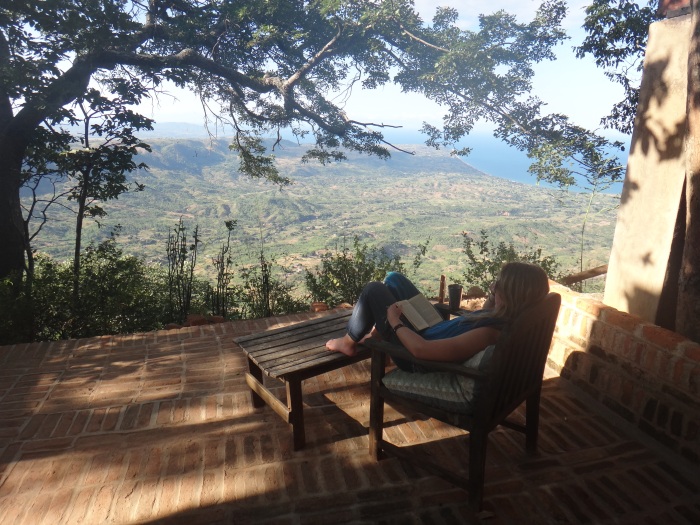
Where did you feel the most in danger?
New York City. I arrived back in the Big Apple a few days before the most recent attack and happened to be staying at a hotel two blocks away from the crime scene. Many people assume that it is incredibly dangerous to travel in Africa or in Central and Eastern Europe, but I felt nothing but appreciation for the warm welcomes that I received in all of my wanderings. A little extra awareness and cultural sensitivity to where you are traveling goes a long way in regard to your safety in a new country.
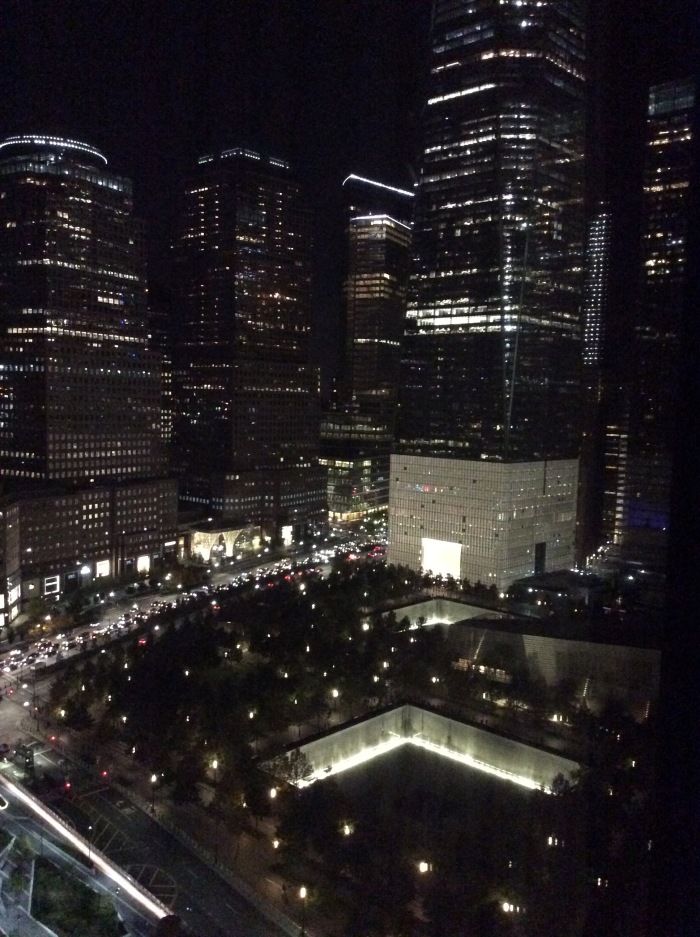
Where did you feel the most harassment?
And the grand winner is.. my old village of Khorixas, Namibia! I do not say this to continue beating a dead horse, as I have spoken about the immense amount of harassment I felt while I was there many times, but I felt the need to address it since this is a question I have received multiple times. I feel as though I have processed a lot during my travels and in the last two weeks being back in the States, as well as let go of a lot of the negative experiences I had there. I am in awe of myself for persevering and navigating through challenging cultural circumstances and have embodied a new sense of confidence in my adaptability and comfort in discomfort.
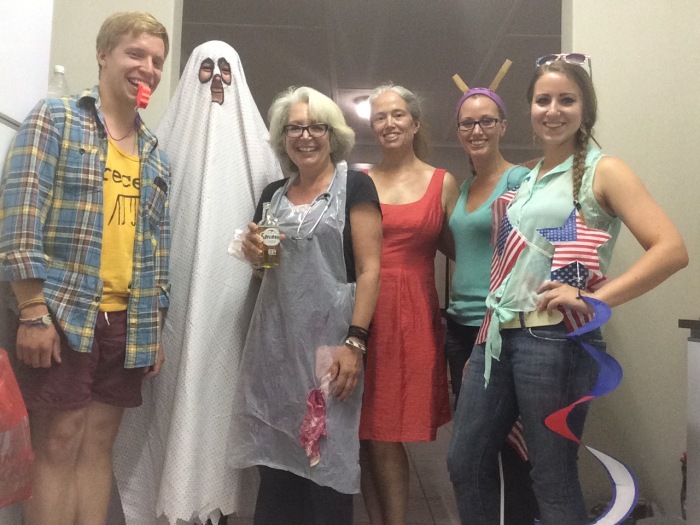
How do you think that your travels changed you?
In numerous ways, of course. I feel a profound sense of confidence in my ability to adjust and adapt to new cultures, and a real strength in cultural sensitivity. I have been able to put my stubbornness behind me (mostly) and realize that there are so many different ways to look at the world – my way might be the best for me, but it is certainly not for everyone. This goes for the Muslim women in hijabs I met in Zanzibar to the radical Christian women I have come in contact with since being back in Charlotte. A deep respect for others and the unique ways of life they encompass has become more of a priority to show respect for instead of opposition or confusion. I do not fear the unknown and instead feel more ready to embrace the possibilities of a non-traditional lifestyle.
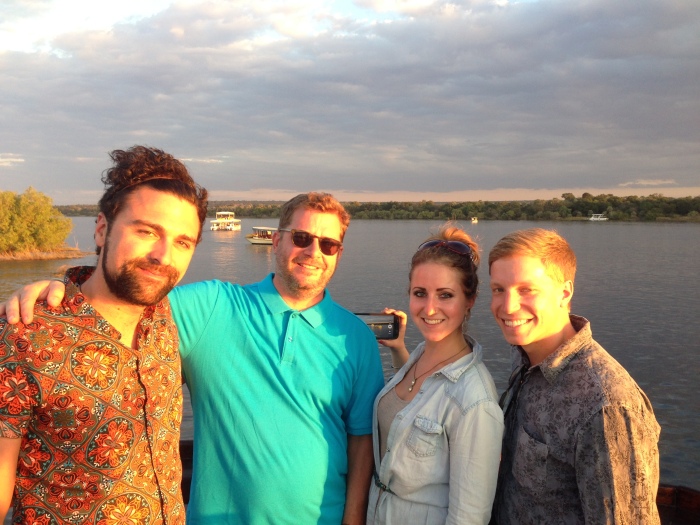
In closing, I want to thank those of you who have offered support to me during this time of transition. It has been more of a culture shock than I anticipated, and just knowing that there are people willing to listen to my stories in broken English means more than I had ever imagined it would. I’m thankful for the friendships I have that seem to have picked up easily where we left off 2 ½ years ago, and the comfort I feel in seeing people I missed so much during my service. Thanks to all of you who give patience and understanding to RPCVs who are struggling with coming back to a home that feels more foreign than familiar.
